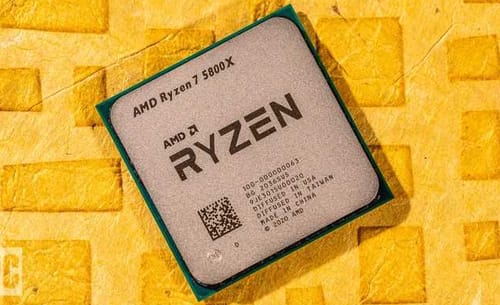 |
| AMD warns against the performance of its processors with Windows 11 |
AMD has announced that all processors compatible with Windows 11 may experience performance degradation in some applications when used with the new operating system, with extreme in-game values resulting in a 10-15% performance penalty.
For applications, AMD reports a performance penalty of between 3 and 5%. Software updates and Windows updates attempt to fix these issues, and both are expected to hit the market in October 2021.
These errors affect all Ryzen processors supported by Windows 11. This means that all Zen+, Zen 2, and Zen 3 processors consist of Ryzen 2000, Ryzen 3000, Ryzen 4000, and Ryzen 5000 processors.
In addition, some AMD EPYC processors used in data centers and some newer Athlon chips are also affected. You can view the full list.
AMD's announcement referred to dividing the problems into two categories. First, the measured and functional L3 latency can be increased 3 times, which means that you can see the effect with benchmarking tools and the actual performance of games and applications will decrease.
The vulnerability affects applications sensitive to the response of the storage subsystem, causing performance degradation of 3-5%.
Windows 11 has problems with some AMD Ryzen processors
This issue can also cause the performance of games widely used in esports to drop by 10-15% because games are often very sensitive to memory and cache.
In addition, AMD's Preferred Core (single-threaded direct implementations of the fastest two cores on the chip) may not perform as expected.
This mainly affects the performance of applications with lighter threads. AMD said this performance drop could be more pronounced for chips that have 8 or more cores and a TDP of 65W or more.
AMD and Microsoft are investigating these known issues with software updates to address them, and AMD will update their recommendations as they become available.
AMD also recommends that customers with problems continue to use a supported version of Windows 10. This means that upgrading to Windows 11 before the problem is fixed may not be a good idea.
It should be noted that this issue appears to be different from the performance issues related to the VBS and HVCI security settings that Microsoft recommends.
AMD has announced that it will update Windows to fix the L3 cache issue. The software update uses the preferred UEFI CPPC2 kernel technology to address this issue. Both should arrive this month.
